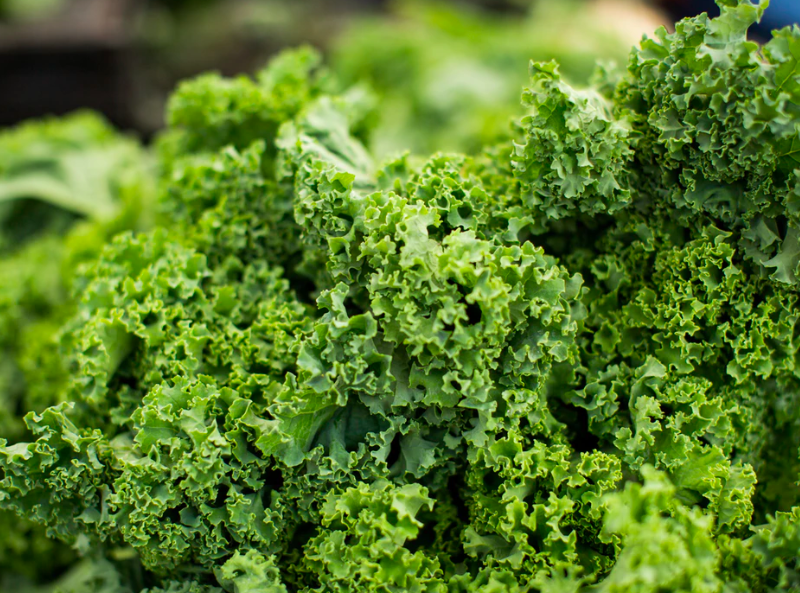According to allergicliving.com, less than 10% of Canadians have food allergies. This statistic shocks me, this means only 1 in 13 Canadians have to worry about their food possibly causing a reaction. The numbers seems low to me; which is a good thing because many people are living without a food allergy. Unfortunately for me, I have a food allergy to sunflower seeds and I think a couple other seeds as well. It’s unfortunate because seeds are great for you. Not only are they are packed with health benefits but they are used in such a variety of food.
I think it is super weird how I can eat things cooked with, or in sunflower oil but I can’t eat the actual sunflower seed or any sunflower lecithin. Sunflower lecithin is an extract from the seed itself commonly used in cooking. What really sucks about having a food allergy is when you experience an unexpected reaction because the food you bought wasn’t labelled correctly, or the people preparing the food were unsure of what ingredients were actually used in the food they are selling. Yes, you can ask if the food or drink (yes, I’ve had a reaction to a $10 smoothie before because it unknowingly contained sunflower seeds) contains any seeds but honestly, you’re likely going to get an “I don’t know” or “We can’t be sure” answer. Again, you need to be looking out for yourself but how annoying is it asking if the food contains anything you’re allergic to? Very. For that reason I decided to compile some tips on how you can prepare and avoid a disturbing reaction below.
1. Call before you visit
I know from being a server in the past that it can be stressful on the kitchen when you report an allergy upon putting in an order. Kitchens are fast paced places, the staff is working hard to cook meals in a timely manner. So instead of showing up during the lunch or dinner rush with a serious and sometimes life threatening concern, call ahead. Ask to speak with the kitchen manager or head chef to see what items on the menu are best for you. Fast food places including take out establishments and coffee shops are no different – be sure to ask the right questions about how you can dine safe.
2. Be prepared
If you have a serious allergy that can leave you in anaphylactic shock, it’s important to keep an Epipen with you when you’re eating food that someone else prepared. If you have less severe allergies, it’s a good idea to keep an allergy medicine such as Benadryl on hand. Keep it in your pocket, leave it in the car – just have it near by. You can also look into using essential oils such as lavender and eucalyptus to help subside your reaction.
3. Ask questions and seek confirmation
As serious as a food allergy can be, you can’t expect others to be as cautious of your allergy as you are. Don’t hesitate to ask before you order if the meal contains the allergen. Once the meal is served, don’t be afraid to seek confirmation again. Politely ask “No sunflower seeds in this one, right?” If you’re a large group and someone ordered the same dish as you, they likely had sunflower seeds in their dish and the server may have grabbed the wrong plate. You can never be to safe!
4. Take action
If you are experiencing a reaction, you need to take immediate action. Reactions can be different – even if it’s the same allergy. The same person can have different symptoms each time they encounter their allergen. Don’t ignore early symptoms, this can make things worse. Remember, anaphylaxis can occur without skin symptoms or hives.
5. Communicate your concern
For the longest time some family told me I wasn’t allergic to anything. I knew they clearly didn’t get it. You don’t just start feeling like absolute shit from eating the same thing every time. It’s also not normal to get hives, to feel like you can’t breath right, or for your eyes to water, your skin shouldn’t itch after eating something and you shouldn’t be puking after either. A reaction is different each time – sometimes I get a bad reaction and sometimes it’s nothing but an upset stomach and itchy throat. If you’re experiencing a reaction, tell someone. Tell them not to panic, but it’s a good idea to let someone else know. Don’t feel embarrassed or awkward. It is crucial to have those around you know in case the reaction worsens.




